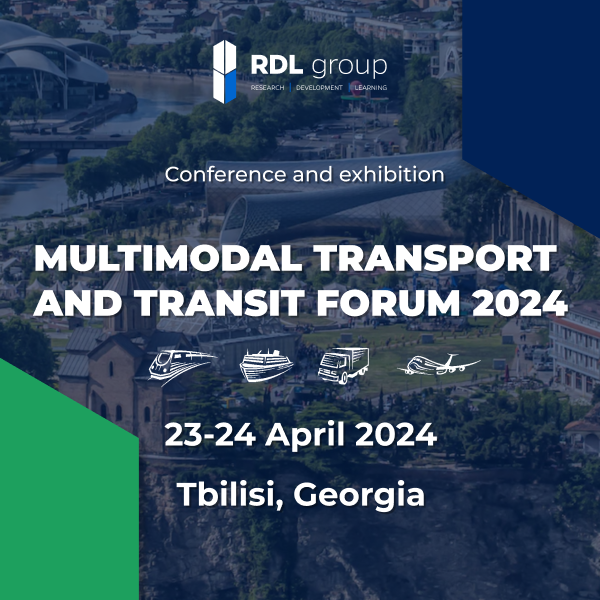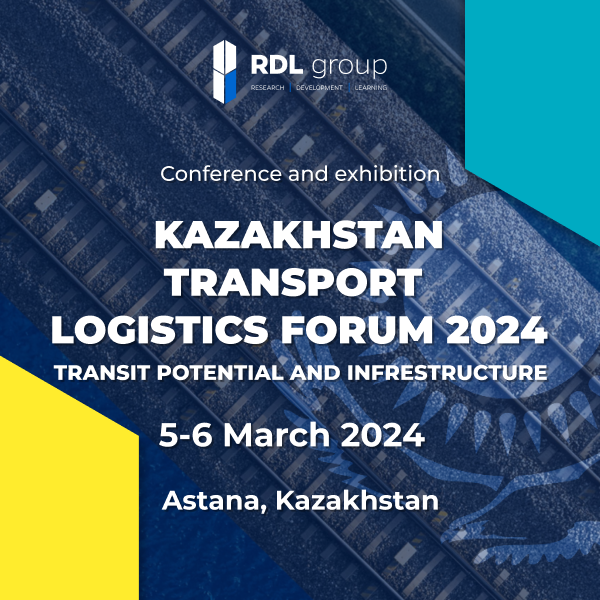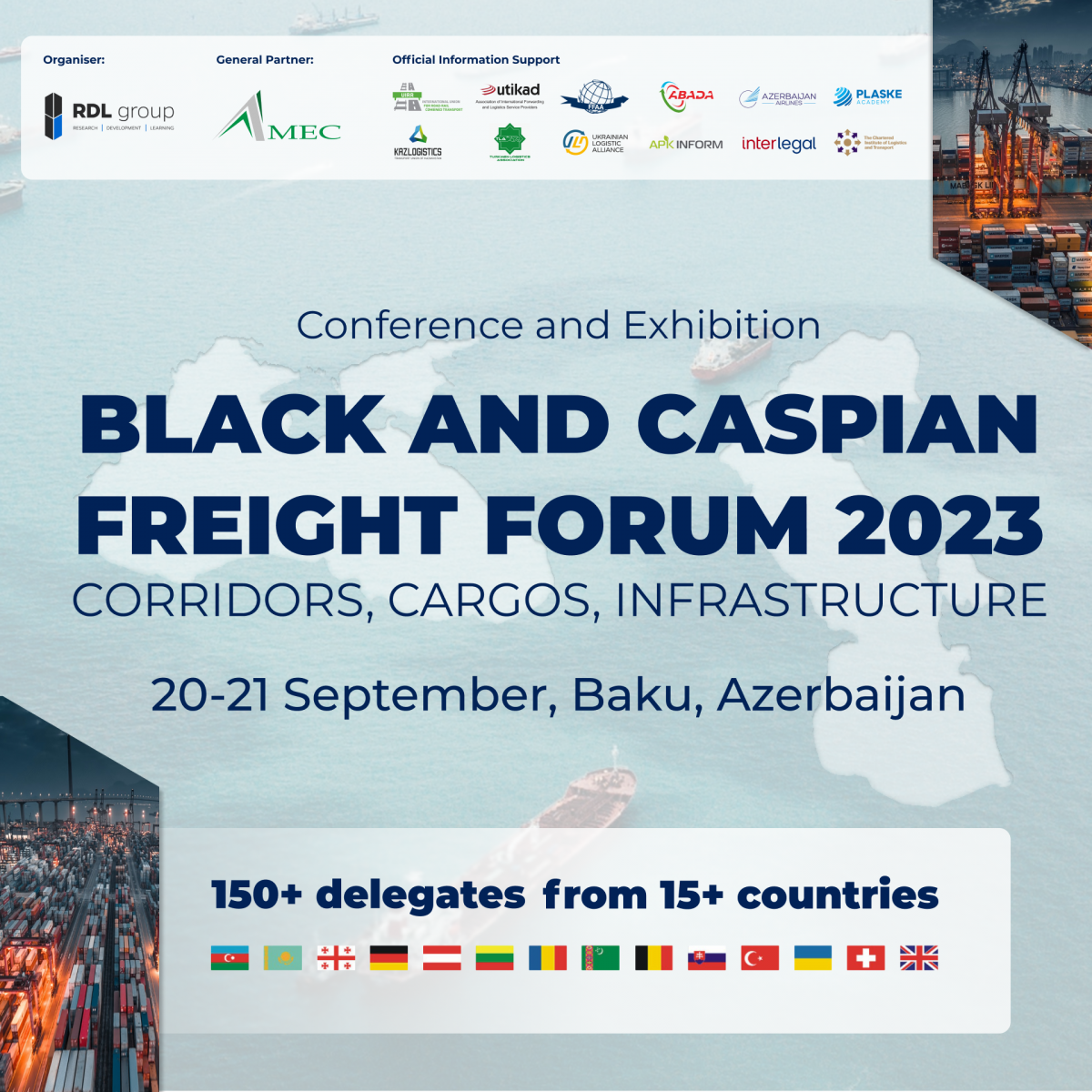Regional Training in Environmental Management on Maritime Transport 2011
The second phase of the ecological training gathered 30 delegates from various companies: ship owners, operators, port authorities and parties to the sea carriages. This phase was dedicated to the advanced study of the operational aspects of ballast water management on board the ships.
The organizers of the second phase in Ukraine were ‘Interlegal’ (Ukraine), being an international legal consultant on sea carriages, and international company ‘Royal Haskoning’ (Netherlands) that carries out the activities on marine technologies.
‘Interlegal’ participates in the GEF-UNDP-IMO GloBallast Partnership as a local organizer of the first and second phases of the trainings on ballast
water management in Ukraine.
Among the companies that took part in the second phase of the Regional Training on Ballast Water Management were Odessa Commercial Sea Port, Russian Maritime Register of Shipping, Inspectorate for Training and Certification of Seafarers, Chernomorniiproekt, Transship Bulk, Ukrferry Shipping Company, Unimor, Multistar, K-Line, Marine Technical Centre and other companies.
In Ukraine it is organized and developed under the GEF-UNDP-IMO GloBallast Partnership Project that is the ballast water management programme established by the IMO, the Global Environment Facility and the United Nations Development Programme.
Just to remember that the project is aimed at readying the shipping and port sectors to comply with a 2004 IMO convention on ballast water, widely expected to come into full force soon. The International Convention for the Control and Management of Ships Ballast
Water and Sediments has been already ratified by the number of the countries; and only about 7% of the world merchant shipping tonnage is needed for its entry into force. Accordingly, accession of even one country to the Convention with the required tonnage will imply that the Convention will come into force in 12 months. Thus, there is a prospective that the Convention will come into force in 2013. It means that the ship owners shall take some particular measures now as the requirements of the Convention are strict providing the time limits for their enforcement.
The programme of the training covered the following issues:
- operational aspects of shipboard ballast water management;
- flag state survey, certification and training aspects of ballast water management;
- port and coastal aspects of ballast water management;
- compliance monitoring and enforcement of the Convention requirements.
This new phase of the programme consisted of the training on how shipping companies can safely exchange and treat ballast water, together with practical advice on how their vessels can be certified as compliant with the IMO Convention.
The training caused great interest among the representatives of the shipping companies of Ukraine. The participants were highly involved into the discussions on the ballast water management issues. Some special attention was brought to the situation with the ballast water on board the vessels calling at the Ukrainian ports. The fundamental difference was highlighted between the approaches of the international marine community (represented by
the Convention) and the Ukrainian authorities: the Convention is aimed to prevent transfer of the alien species to a new environment that implies the biological analysis of the ballast water sampling (by the way, sampling is not always obligatory) while the Ukrainian authorities control the chemical ballast water composition through obligatory sampling.
Moreover, the Convention provides training of the vessels’ operators and managers as well as installation of special equipment on board the ships for ballast water treatment within the nearest several years.
The instructors of the second phase were Alexander Sagaydak and Illya Tykhonov (independent experts). Mr Jose Matheickal attended the training as a supervisor on the behalf of IMO and EBRD.
The participants studied totally new advanced training on operational aspects of the ballast water
management developed by the GloBallast.
At the end of the training the organizers expressed their gratitude to the International Maritime Organization and the European Bank for Reconstruction and Development for all their assistance related to the International Convention for the Control and Management of Ships Ballast Water and Sediments.
%20(3).png)
No theory, just practice, practice and once more practice – this is what you will face at the seminar “Marine insurance in the Blac...
%20(1)(1).png) Seminar: “Cyprus for business and life”2024.05.29
Seminar: “Cyprus for business and life”2024.05.29Maritime days in Odesa 2024 will be opened by the seminar “Cyprus for business and life”, dedicated to opportunities and advantages that...
.png) Maritime days in Odesa 20242024.05.29
Maritime days in Odesa 20242024.05.29On June 20-21, waiting for you at the Maritime Days in Odesa 2024 annual conference. Venue: Odesa. Dress code: business casual. Mood: hi...

EUROPE-ASIA INTERMODAL LOGISTICS 2024: NEW SILK WAY SHAPING is an in-person networking platform for the European and Eurasian logistics...

MULTIMODAL TRANSPORT AND TRANSIT FORUM 2024 is an international conference and exhibition that will take place on April 23-24, in the hi...
 KAZAKHSTAN TRANSPORT LOGISTICS FORUM2024.02.12
KAZAKHSTAN TRANSPORT LOGISTICS FORUM2024.02.12International conference and exhibition KAZAKHSTAN TRANSPORT LOGISTICS FORUM: TRANSIT POTENTIAL AND INFRASTRUCTURE is a key event in the...
(1).png) Shipping and Trade Day 20232023.11.21
Shipping and Trade Day 20232023.11.21Interlegal jointly with Black Sea Institute of Maritime and Trade Law will hold a traditional online conference Shipping and Trade Day...
(9).png)
Force majeure, cargo loss, supply quality that happens,but it can be foreseen. It needs just a comprehensive legal approach and...

Black and Caspian Freight Forum 2023: corridors, cargos, infrastructure is an in-person networking platform for the exper...
.png) Maritime Day: SEA OF GRAIN 20232023.05.11
Maritime Day: SEA OF GRAIN 20232023.05.11We are waiting for you at the conference Maritime day: Sea of Grain, to be held on June 23, 2023, in the center of Odesa. ...



 Odessa, 65014, Ukraine, 1 а, Gretska St
Odessa, 65014, Ukraine, 1 а, Gretska St
